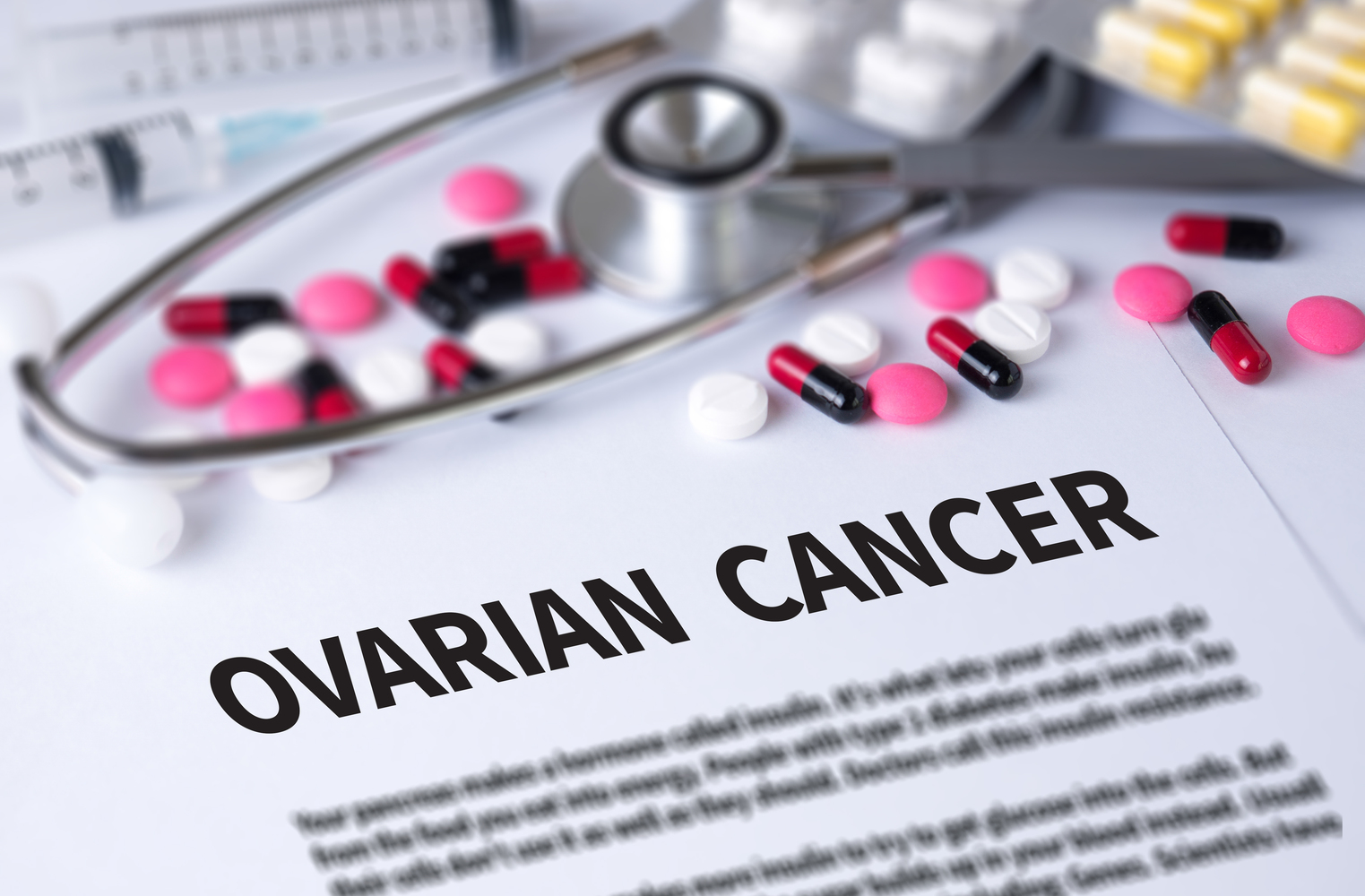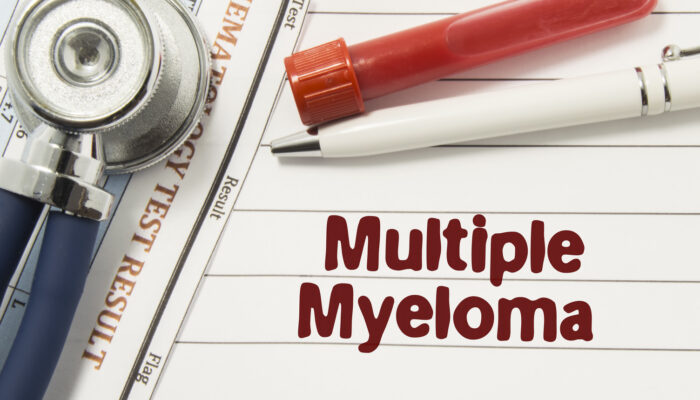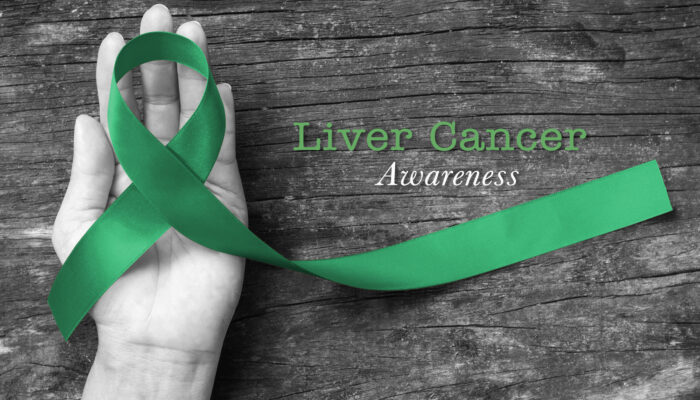
Risk factors that contribute to the development of ovarian cancer
The ovaries are a pair of small organs located low in the women’s stomach that stores woman’s supply of eggs. Cancers that form in the ovaries are ovarian cancer and are considered as the most common types of cancer in women. The exact cause of ovarian cancer is still unclear. Yet, there are certain risk factors that highly contribute to its development. The various risk factors include
Family history: A woman having a blood relative who has suffered from ovarian cancer, breast cancer, colon cancer, uterine cancer, or rectal cancer has a higher risk of developing ovarian cancer, compared with other women. But still, many women without a family history also have chances of gene mutation associated with risk for ovarian cancer.
Age: All women have high chances of developing ovarian cancer. However, most cases of ovarian cancer occur after menopause and especially in women aged 55-64 years. Women below 40 have minimum chances of developing ovarian cancer.
Reproductive history: Generally, breastfeeding decreases the risk of ovarian cancer. A woman who has undergone a high number of pregnancies has a low risk of developing cancer. A woman is at high risk of developing ovarian cancer if she has not given birth to any children, if she had her first child after 30, or if she experienced menopause after the age of 50.
Birth control: Using a contraceptive pill (combined birth control pills) for at least 3 to 6 months reduces the risk of developing ovarian cancer.
Infertility or fertility treatment: Fertility drugs are generally associated with a high risk of ovarian cancer. Especially those women who used fertility/infertility drugs for more than one year without becoming pregnant face a high risk of developing ovarian cancer. Infertility due to drug use may also increase the risk of ovarian cancer.
Breast cancer: Women who suffer from breast cancer also have an increased risk of developing ovarian cancer. Breast cancer may be caused by an inherited mutation in the BRCA1 or BRCA2 genes, which is linked to an increased risk of ovarian cancer. BRCA1 and BRCA2 are human genes that are responsible for the production of tumor suppressor proteins. When any of these genes is mutated, the protein product does not function properly, resulting in additional genetic alterations that can lead to cancer.
Hormone replacement therapy (HRT): The doctor may prescribe hormone replacement therapy to relieve the symptoms associated with menopause that occurs due to decreased levels of estrogen. When women use estrogen after menopause, they have an increased risk of developing ovarian cancer. HRT involves treatment with either estrogen alone or a combination of estrogen with progesterone.
Gynecologic surgery: Reproductive organ surgeries appear to reduce the risk of ovarian cancer. In women who undergo tubal ligation (removal of the uterus while leaving the ovaries), the risk of ovarian cancer is reduced by up to two thirds.
Endometriosis: Endometriosis is a gynecological condition that is not easily curable but it can be manageable. Women who develop endometriosis approximately have a 30 percent higher risk of developing ovarian cancer, compared with other women.
There are no complete ways of eliminating the risk of developing ovarian cancer. However, certain steps or factors such as taking birth control pills, breastfeeding, or pregnancy lower the risk of developing ovarian cancer.



